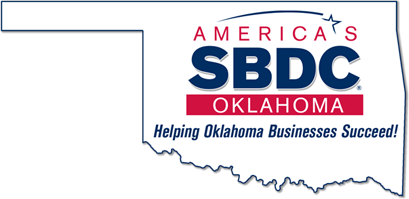Building a Small Business You Can Sell
An Original Article from Inc.com
Here’s how to build a small business you can sell–even if your exit is still years away.
Sometimes I encounter entrepreneurs who think that a successful business sale boils down to luck–simply running into the right buyer at the right time. Although identifying the right buyer is definitely an important part of the process, veteran entrepreneurs know that there is nothing random about a profitable small business sale.
In my experience as general manager of one of the world’s most heavily trafficked business-for-sale marketplaces, the most successful business sales combine ample amounts of strategy, planning and hard work (and sometimes, even a little luck). In fact, the businesses that sell most quickly and for the highest amounts are the product of a long-term effort by the owner to build up the value of their business, eventually making it much more attractive to potential buyers.
How to Build a Saleable Small Business
There are a variety of characteristics that buyers look for in a small business acquisition. From a seller’s perspective, a handful of achievable features yield the best results when the business is eventually listed for sale.
1. Recurring Revenue
Recurring revenue streams are attractive to buyers, for obvious reasons. If the buyer can count on a monthly or annual revenue stream from each customer (e.g. a storage rental unit business), it becomes easier to budget monthly income. Consistent revenue streams themselves justify paying a higher price for the business. As much as possible, explore ways that you might be able to build recurring revenue streams into your business model.
2. Consistent Profitability
In addition to recurring revenue streams, buyers value bottom line profitability. Although profit is always a business goal, it’s important to establish a track record of consistent profitability in the years leading up to a sale. Consistency is important because small business owners live off of the proceeds or profits of their business, so intermittent lean years can really cramp an owner’s lifestyle and budget. It can also be helpful to demonstrate the business’s untapped potential by developing a growth strategy or securing competitive advantages in your industry.
3. Branding
Having a “brand” behind your business means that it is differentiated from other similar businesses, and that customers will pay more for your products or services than for similar products or services from competitors. A brand is an asset that can add significant value to your company in the business-for-sale marketplace. The caveat is that strong brands don’t appear overnight–it can take years to develop a strong and established brand. But if your brand dominates your target market it is an investment that will pay off in both the speed and final price of your business sale.
4. Physical Assets
Some entrepreneurs prefer to minimize the amount of physical assets owned by the business, leasing (rather than buying) capital equipment, real estate and other resources. But to build a business you can sell, it’s essential to maintain a portfolio of assets. Assets improve a buyer’s ability to secure financing because they reduce risk by providing security in the form of collateral.
5. Recordkeeping
Accurate recordkeeping is an important trait in highly marketable small businesses. Financial statements, asset inventories and other records need to be thoroughly compiled and updated. If buyers suspect that your records don’t accurately reflect the business, it can lead to a breach of trust that can jeopardize the sale process. Meticulous records, on the other hand, can influence valuation and drive up asking prices.
Other features like a carefully crafted transition strategy or the ability to provide seller financing can also improve the salability of your business. The bottom line is that the process of building a business you can sell isn’t overly complicated–it just takes planning, consistency and a little extra effort.




